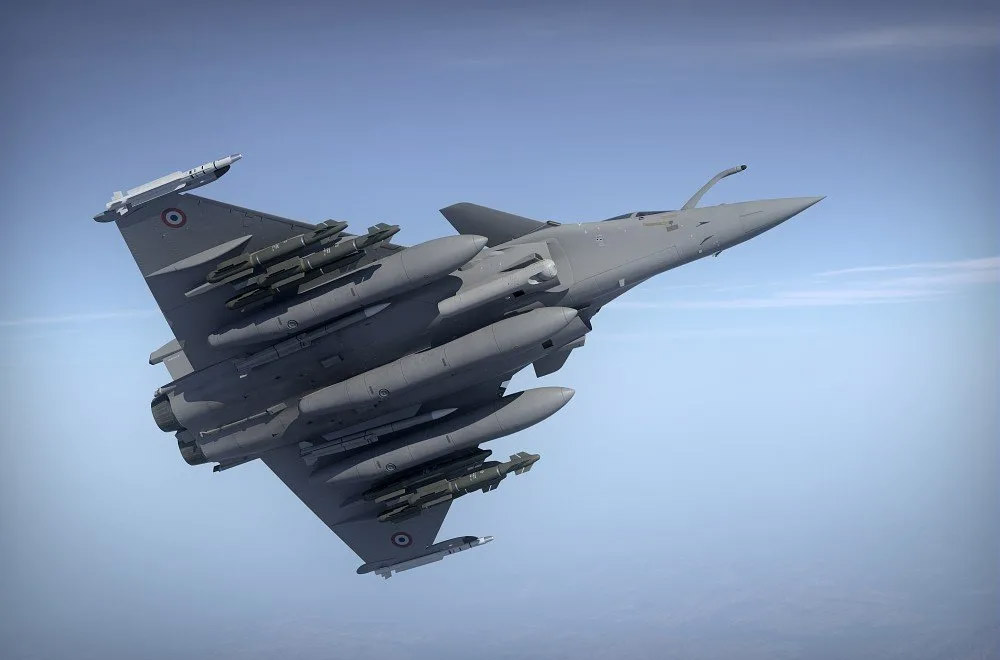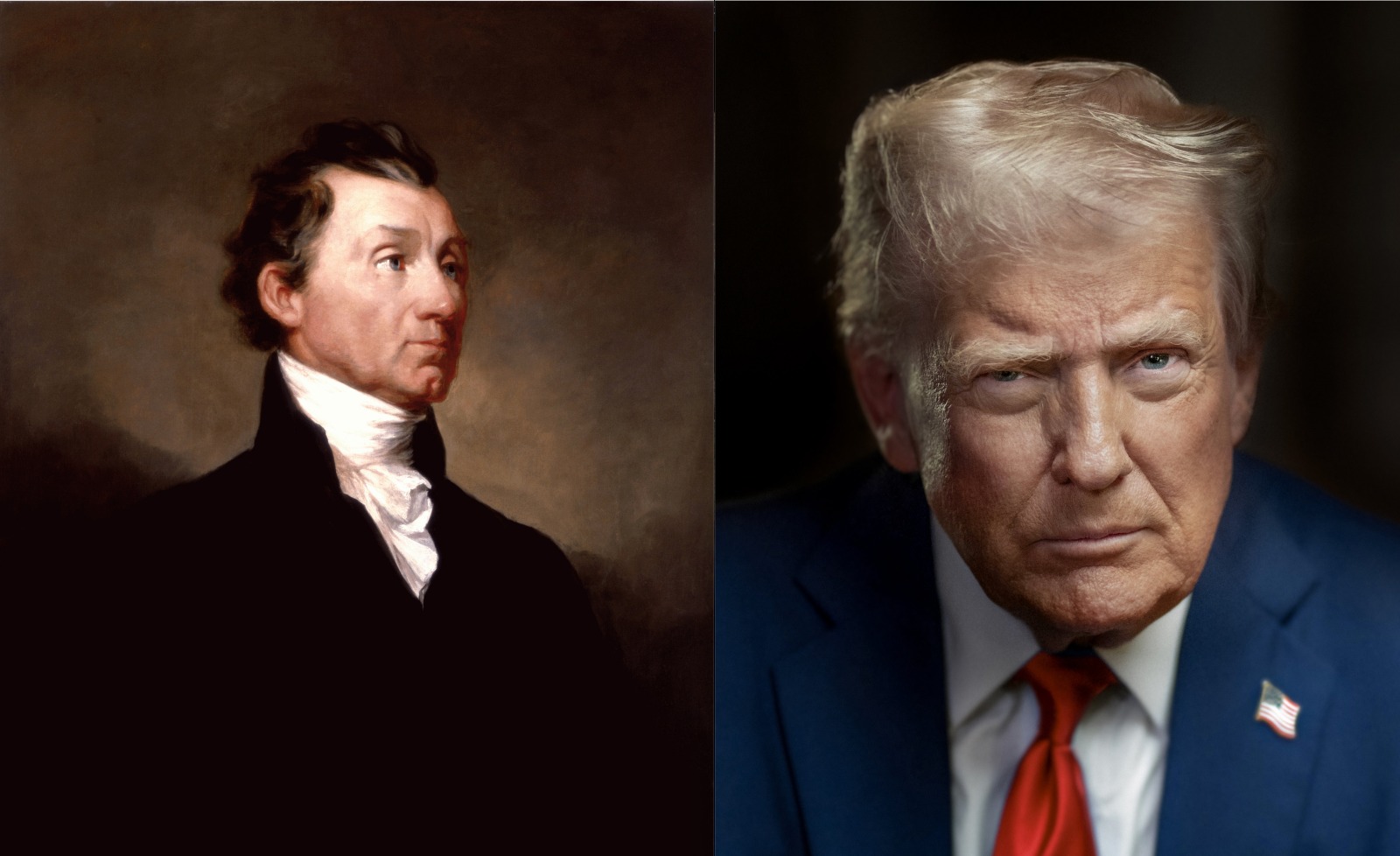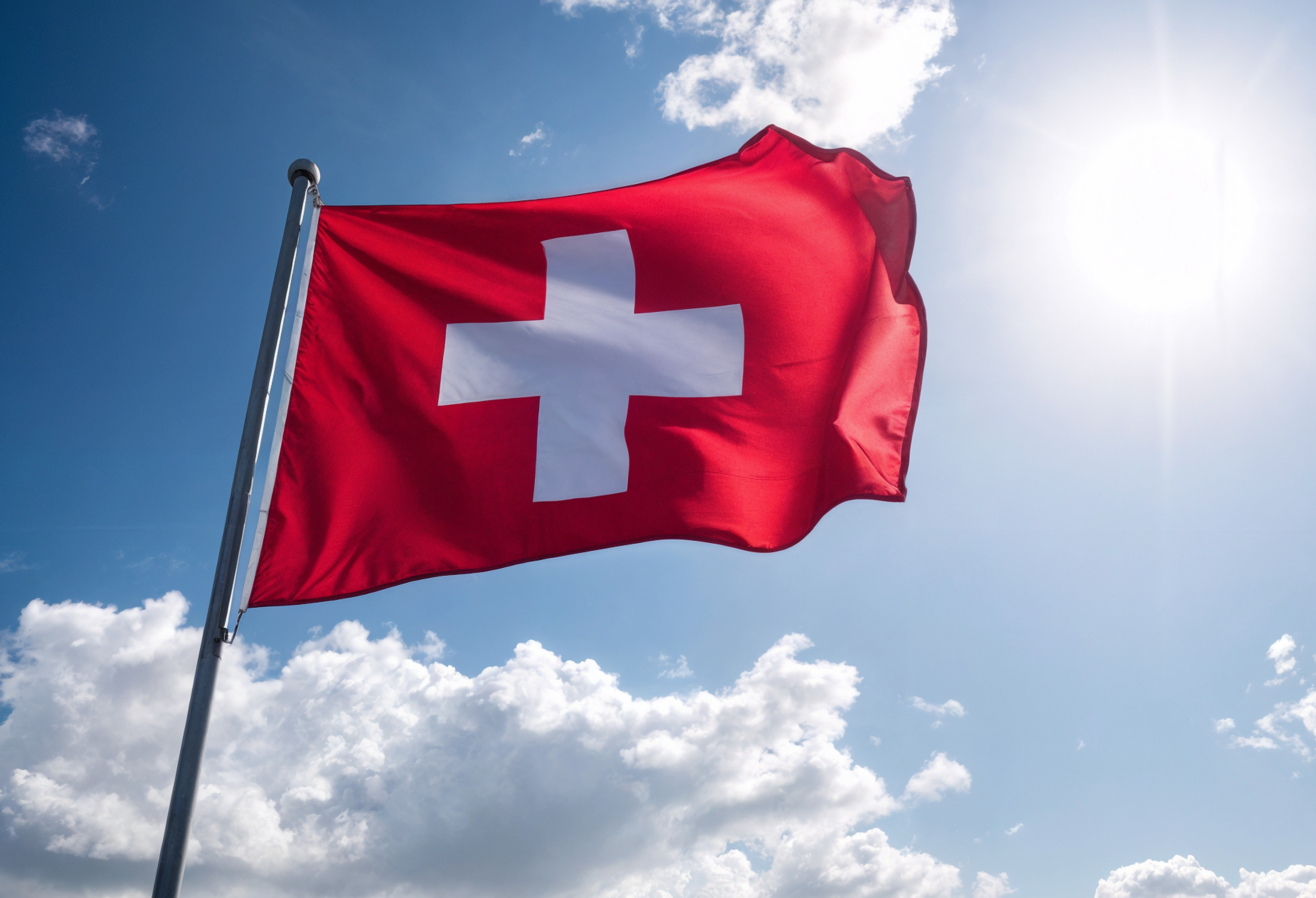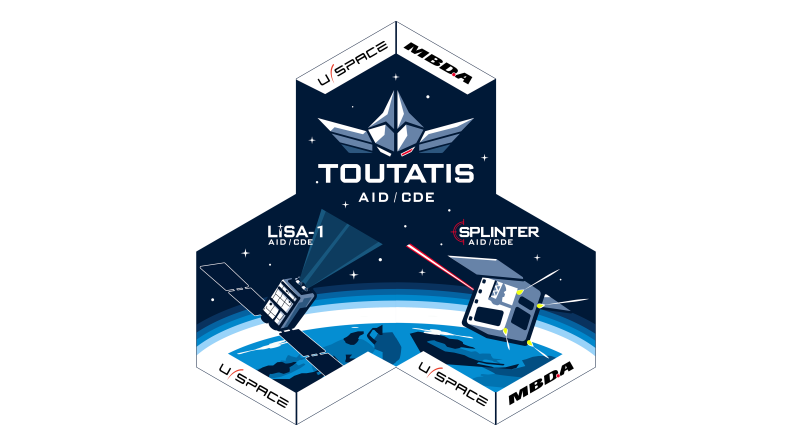Edition anglaise
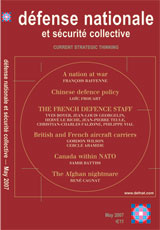
May 2007 - n° 697
Security policy - Vladimir Poutine
Extracts from the speech by Vladimir Putin, President of the Russian Federation, to the Munich Conference on Security, 10 February 2007.
A nation at war - François Raffenne
The strategic posture of the United States is still marked by the legacy of 11 September 2001. The ‘War on Terror’, like the US doctrine of pre-emption, is a strategic consequence of this psychological trauma. A fundamental revision of strategy could result from the reverse in Iraq. Yet this does not seem likely while George Bush remains in office.
Chinese defence policy in 2007 - Loïc Frouart
The modernisation of Chinese defence policy was launched as a result of the lessons learned from the first Gulf War in 1990-91. At the operational level it is largely influenced by the Taiwan factor, and at the strategic level by the ambitions of the People’s Republic of China to become a global and regional power. The budgetary resources allocated to defence by the Chinese government are certainly impressive, but should be seen in the context of the magnitude of the task of modernising a manpower-heavy defence establishment that is technologically a long way behind modern armed forces. It is essential to develop a dialogue with China which encourages transparency and cooperation, so as to head off the emergence of a ‘threat’ from a PLA whose modernisation is both legitimate and inevitable.
The Defence Staff-a unique instrument - Yves Boyer
Noting the disappearance of the concept of a national Defence Staff in most European countries, the author introduces this dossier on France’s Defence Staff of which he is the instigator. He argues the value of having this sort of staff, whose task is to think about warfare and above all to exercise the nation’s military power, and suggests it is an example for the European Union.
The Defence Staff as a source of influence on strategy - Jean-Louis Georgelin
Over the years the Defence Staff (EMA) has become a precious resource for France and its defence policy. At a time when the country faces up to new challenges which could change the nature of military action, the EMA is responsible for the success of operations we conduct daily, and for preparing those which we will undertake tomorrow. To be able to respond to tomorrow’s challenges, this structure at the heart of the Ministry of Defence must be continually improved.
The Defence Staff in support of our arms - Hervé Le Riche
The 2005 reforms significantly broadened the responsibilities of the Chief of Defence Staff (CEMA), requiring a wide-ranging adaptation of the Defence Staff (EMA), not only in its organisation but also in the way it operates. The reinvigorated EMA which serves France’s armed forces enables the CEMA to exercise his responsibilities fully. It puts priority on the operational through a capabilities approach; it exemplifies the joint service culture and the cohesion of France’s armed forces, making use of the most modern management methods.
The CPCO at the heart of our operations - Jean-Pierre Teule
Since 2004, the CPCO (Centre for the Planning and Conduct of Operations) has been the tool which the Defence Staff has used to allow the Chief of Defence Staff to plan and conduct military operations that involve France. Its now mature organisation is closely linked to France’s decision-making structure and allows France to maintain its place in operations carried out within a multinational framework.
The Defence Staff-an international actor - Christian-Charles Falzone
These days most EMA activities have an international aspect. More than 80 per cent of French forces deployed overseas either form part of an international force or operate under an international mandate. Both the European Union and NATO are taking steps to develop their military capabilities, and France is involved. The EMA’s International Relations staff forms an integral part of a vast network which deals with major current security and defence issues.
The origins of the post of Chief of Defence Staff - Philippe Vial
The story of the origins of the post of Chief of the French Defence Staff has yet to be written, especially if we go back before 1962. It is nevertheless at the heart of the development of the French politico military system and, beyond that, of the republican model. This article gives an outline of the story, based on the few existing studies and the results of unpublished research. The whole illustrates the value of the politico-administrative approach in opening new perspectives on the history of French defence since 1870.
Civilians and the military: joint decision-making and action in crises - CHEM
Effective joint civil-military action in operational theatres has been shown to have its limits. In order to ensure essential interministerial and international coordination, any improvement must originate from an analysis of arrangements already in place in France or planned elsewhere. Strong political will is needed in order to establish a light, permanent, flexible structure which will be able to develop a common interministerial view which is both coherent and apposite, and which will act as the lead agency for its implementation. This structure will use a methodology of interministerial appreciation of a situation to plan, execute and evaluate operations, based on accepted performance criteria.
The next generation of British aircraft carriers-the story so far - Gordon Wilson
After reminding us of the origins of the British CVF programme, the author examines the complexity of the issue. How can the requirement be met? What kind of carrier? What type of embarked aircraft? A parallel dilemma concerns the constructors and organisations concerned (prime contractor, work-sharing) in addition to problems of timescale, and costs which rise rapidly in the absence either of consensus or decision. The author mentions the ‘French Connection’, expressing the hope that he will one day see the two CVFs and the French PA2 actually at sea.
The second aircraft carrier - Cercle Aramide
Noting references to the PA2 during France’s presidential election campaign, the Cercle Aramide sets out the arguments for the build of a second aircraft carrier in collaboration with the British CVF programme. Both a symbol and an instrument of power, this ship is essential for France and for Europe.
Land forces at the heart of our defence system - Vincent Desportes
This article is based on a presentation given by Brigadier Vincent Desportes at a conference organised by Senator Jean-Pierre Masseret at the French Senate on 19 February 2007. In warfare today, the opposition of huge arsenals of weapons no longer has any sense. Winning does not mean destroying, even with precise weapons, but of controlling the environment in the area of operations. Land forces are the essential tool in France’s involvement in current crises.
Future challenges for land forces-a British view - Lamont Kirkland
After reviewing the conditions of present and future conflicts, in which it is a matter of overcoming the adversary’s will rather than his assets, the author describes the challenges that will face British land forces. Technology will of course help, but the soldier is the most important resource, and his education and training will have to be adapted to meet those challenges.
Canada within NATO-what assets and for what influence? - Samir Battiss
Whereas the future of NATO is still being debated, at least by researchers and the academic world, the organisation itself is risking its reputation and credibility in Afghanistan. From the Canadian national point of view, this raises a number of questions with respect to its Armed Forces and political leaders: ageing equipment; the part NATO plays in Canadian diplomacy or even its room for manoeuvre vis-à-vis its long-term ally, the United States. The Afghan issue has become the primary concern of the minority government of Stephen Harper in a political climate troubled with rumours of early legislative elections and the loss of Canadian lives.
The Afghan nightmare: an update - René Cagnat
The Americans have opportunely switched the burden of their punitive expedition into Afghanistan onto NATO’s shoulders. Because of their mistakes, what should have been a war of liberation has become a war of occupation, not to say a war on the way to being lost. Just like the Soviet Union before it, the North Atlantic organisation, whose reputation is at stake, has slipped into the interventionist spiral, in which ever more troops and materiel are required. This is the moment, before it is too late, to do one of two things: either fight seriously with new combat and pacification tactics, or pull out of a conflict which is heading for catastrophe.
Sunnis and Shias: are they really in opposition? - Djilali Benchabane
Today’s situation in Iraq is talked about in terms of a renewal of an inter-Islamic war, or the risk of Shia domination of the Middle East. The schism between Sunnis and Shias can certainly be viewed as a conflict which is being played out against a religious background, but there are also both historical and political issues at stake. This article puts the question of Sunni-Shia rivalry in a global perspective, while rejecting the overly simplistic view which concentrates on religious enmity.
Somalia: what strategy should be the international community adopt? - Éric Fournier
The occupation of Mogadishu by the Ethiopian Army represents an opportunity for reconciliation and reconstruction, but time is short because factors that could cause disintegration are predominant. The simple deployment of a security force and an incantation of the virtues of democracy and good governance cannot compensate for a secular division into fiefdoms, financed by trafficking. On the other hand, the cooperation of the clans can and should be negotiated on the basis of financial advantage and power-sharing, in order to avoid a return to humanitarian crisis within the year, and militant Islam thereafter.



